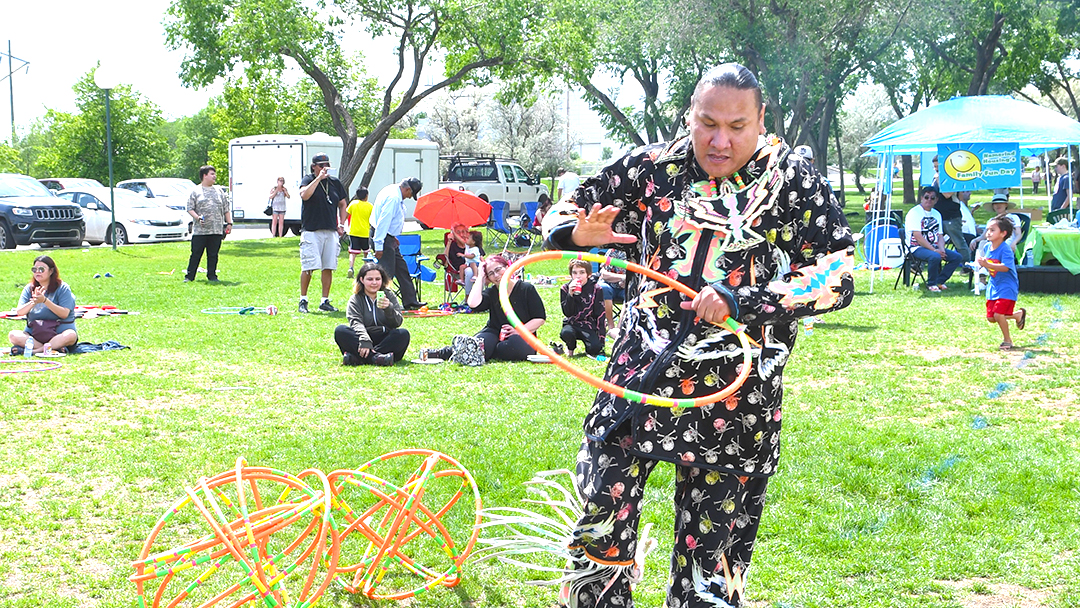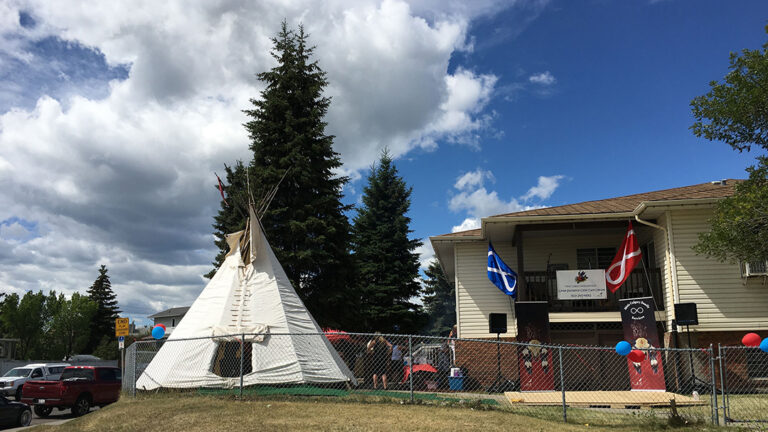In 2007 the Truth and Reconciliation Commission of Canada (TRC) was established to facilitate, “reconciliation among former students, their families, their communities and all Canadians.” This was the outcome of the largest class-action settlement in Canadian history—known as The Indian Residential Schools Settlement Agreement—which sought to recognize the damage inflicted to approximately 86,000 Indigenous Peoples who were forcefully enrolled as children in residential schools.
In 2015, after 6 years travelling to all parts of Canada and hearing from more than 6,500 witnesses, the TRC released 94 Calls to Action to further reconciliation between Canadians and Indigenous Peoples.
Urging all levels of government to work together in a continued effort at reconciliation, the Calls to Action touch upon different aspects of Indigenous experience such as protecting child welfare, preserving language and culture, promoting legal equity and strengthening information on missing children.
Despite these commitments, the housing crisis plaguing Canada’s Indigenous Peoples is far from being resolved—so much so that a 2019 United Nations report called it “abhorrent,” and a direct contributing factor to the poverty and exploitation Indigenous Peoples face in Canada. In fact, in some cities like Toronto, although they make up only around 0.5% of the total population, Indigenous Peoples constitute 15% of the city’s homeless population. This is why, more than ever, we need community housing providers espousing the “For Indigenous, By Indigenous” principle.
Founded in 1977, Namerind’s mission is to provide safe, affordable, quality housing and economic development opportunities for Indigenous People in Regina, Saskatchewan.Back in 2015, Namerind President and CEO Robert Byers distributed the copy of the Calls for Action to staff, as well as organizing sensitivity training for staff.
Today, Namerind is still focussed on living the tenets by incorporating them in their organizational culture. They wrote a document shared with staff and partners highlighting Namerind’s culture and vision to support reconciliation, earlier this month.
“We were inspired to create a piece on culture to circulate with our staff and those we work with because it has been our focus over years of operation to create a unique work culture at Namerind based on support for each other and our communities as one family.
In the spirit of Truth and Reconciliation, we thought it most important to create an atmosphere and work environment at Namerind that encouraged self-expression, equality, diversity and cultural education. For this reason, we continue to look for ways to provide this, whether it be through cultural training for staff or community events for our tenants,” states Namerind President and CEO Robert Byers.
Beyond Reconciliation, Indigenization is Key
In the shared culture manifesto, a focus is given to the Seven Sacred Teachings of the Grandfathers that provide insight into the values held by the organization: honesty, wisdom, courage, humility, love, respect and trust.
As an Indigenous organization, Namerind’s culture is shaped by Indigenous history and practices. The organization considers its culture to have two key aspects—the way the organization operates and the way in which people are treated.
“For Indigenous, By Indigenous,” is a principle we strongly encourage and stand by at the Centre. There is a great need for Indigenous voices to be heard and supported by those who understand the unique issues Indigenous peoples face. As an affordable housing organization, and now the Reaching Home Community Entity for Designated Communities and Indigenous Homelessness funding streams, we hope to influence transformational change in our communities,” insists Byers.
To read Namerind’s culture statement, and to know more about the organization, you can visit their website https://www.namerindhousing.ca/ and also read the pdf in our Tool Kit here.



